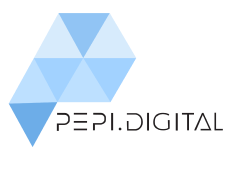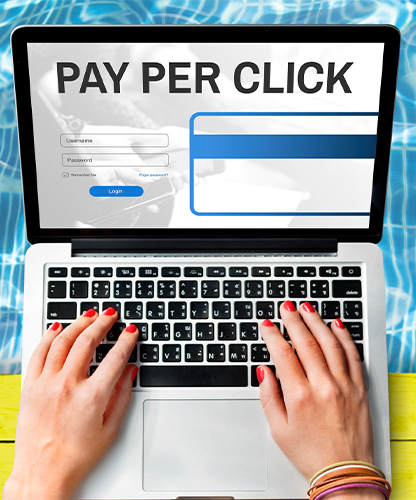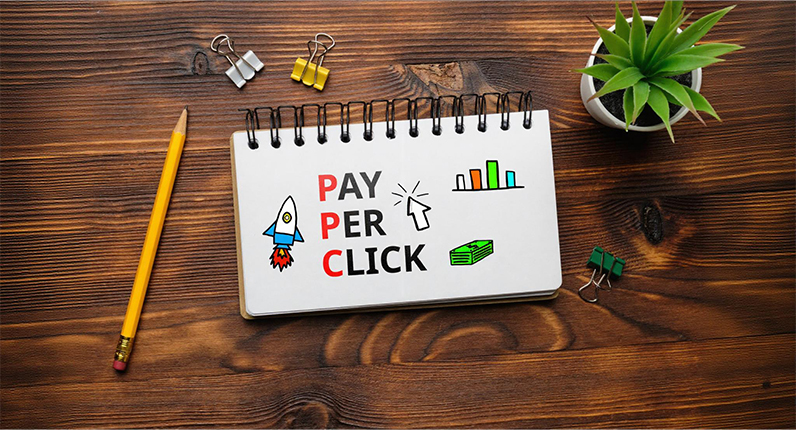In the pay-per-click (PPC) online advertising model, advertisers compensate publishers when users click on their ads. Accordingly, PPC is typically more economical than advertising models that rely on paying for views or impressions that may not result in any interactions. Pay-per-click (PPC) management and paid search advertising are two compelling digital marketing tools. Businesses can achieve great success if they implement the right pay-per-click strategies. Increasing brand visibility, finding new leads, increasing site traffic, and boosting conversions are the most popular justifications for using pay-per-click advertisements. PPC advertisements can have a variety of objectives; they can rank according to preset keywords, target a specific audience, or have a budget.
Pay-per-click (PPC) advertising has grown to be a crucial component of digital marketing plans because it gives companies an affordable and quantifiable means of connecting with their target market. Businesses across industries choose it because of its capacity to increase conversion rates, produce high-quality leads, and raise brand awareness. However, selecting the appropriate platforms, utilizing cutting-edge tactics, and staying updated on new developments in technology and trends are all necessary for PPC campaigns to be effective.
Key PPC Platforms: A Quick Overview
Google Ads is the best PPC platform available, which is not surprising given that it is the top SERP in almost the entire world. When users begin searching for a product or service, Google Ads show up in the search results. Google Ads and Microsoft Ads operate very similarly. Facebook, which is now also called Meta, is among the top pay-per-click websites. Based on user behaviour, demographics, interests, and other important variables, it enables you to target specific audiences. Instagram is another Meta product that is currently one of the most popular paid advertising platforms. It’s an effective strategy for reaching the younger demographic. Facebook is used to run pay-per-click advertisements because Instagram is owned by Meta. Another excellent PPC platform is YouTube. You can use YouTube Analytics to track the effectiveness of your ads, but you can also launch and manage your campaign using Google Ads. With sophisticated targeting options like job titles, industries, and company size, LinkedIn Ads is tailored to B2B companies.
Choosing the Right PPC Platform for Your Business
Knowing your business goals and the target audience in-depth is essential to choosing the best PPC platform. Analyze your target demographic first. Are they active on social media sites like Facebook and Instagram, or are they more likely to use Google to look for goods and services? You can gain a better understanding of what works best for your brand by testing various platforms and examining performance metrics.
PPC Best Practices for Success
Choosing the correct platform is only one aspect of PPC advertising success; careful preparation and execution are also necessary. Make sure your campaigns are properly organized first. This entails logically classifying keywords, creating persuasive ad copy, and establishing accurate targeting parameters. Researching keywords is essential; concentrate on high-intent terms that support your objectives and think about utilizing long-tail keywords to reach specialized markets. Monitor and improve your campaigns regularly by looking at metrics such as quality scores, conversion rates, and CTR. A/B testing and bid modifications are crucial for continuously improving your campaigns. Additionally, landing pages are crucial for PPC success. Ensure your landing pages are conversion-optimized, visually appealing, and relevant. A landing page that loads quickly and is optimized for mobile devices can enhance user experience and reduce bounce rates. Another important factor is budget management; strategically allocate your funds, focusing on campaigns that are performing well while testing smaller amounts on new opportunities. Finally, staying informed about platform updates and emerging trends ensures that your strategies remain effective in the ever-evolving digital landscape.
The Future of PPC Advertising
Technology breakthroughs and shifts in consumer behaviour are driving constant change in the PPC advertising industry. The growing reliance on AI and machine learning is one of the most prominent trends influencing PPC’s future. AI is being used by platforms like Google and Facebook to improve audience targeting and ad placements. Instead of making manual adjustments, this automation frees up advertisers to concentrate more on strategy and creativity. Another game-changer is voice search, as more people look for information using gadgets like voice assistants and smart speakers. Another game-changer is voice search, as more people look for information using gadgets like voice assistants and smart speakers. A move towards conversational keywords and question-based phrases will be necessary to optimize for voice search. To stand out in a crowded market, businesses will need to spend money on captivating, high-quality video advertisements. Businesses that stay flexible and integrate new technologies will be better positioned to succeed in their PPC campaigns as the digital landscape grows more complex.
Conclusion
PPC advertising continues to be an effective strategy for enhancing brand visibility, generating leads, and increasing conversions. By selecting the appropriate platform, executing well-planned strategies, and staying informed about emerging trends, businesses can optimize their campaign performance. With the growing impact of AI, voice search, and video content, the future of PPC presents numerous growth opportunities. Effectively responding to these developments will enable businesses to maintain a competitive edge in the evolving digital landscape.
PPC advertising contributes significantly to multichannel marketing strategies in addition to raising conversions and brand awareness. PPC campaigns can be integrated with other digital marketing initiatives to help businesses build a smooth and unified customer journey. PPC also makes it possible to track performance in real-time, which gives advertisers the ability to make data-driven choices and swiftly change course when necessary. The flexibility of PPC campaigns ensures that businesses can respond effectively to competitive activities or sudden shifts in the market, allowing them to stay ahead and maintain a competitive edge.




